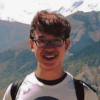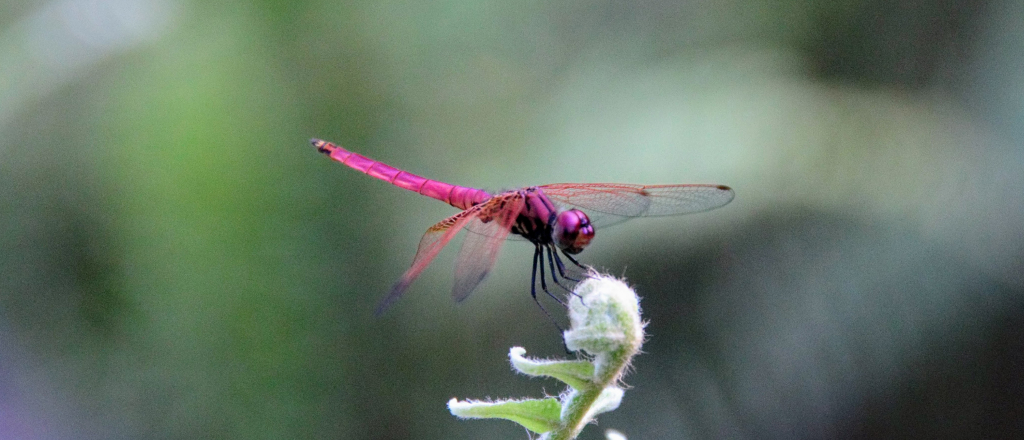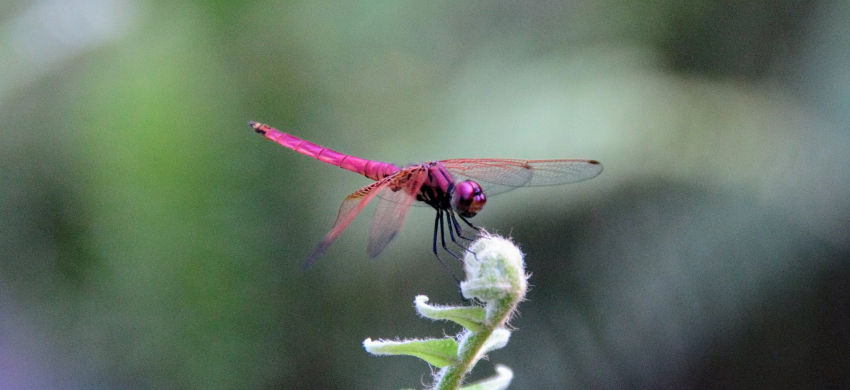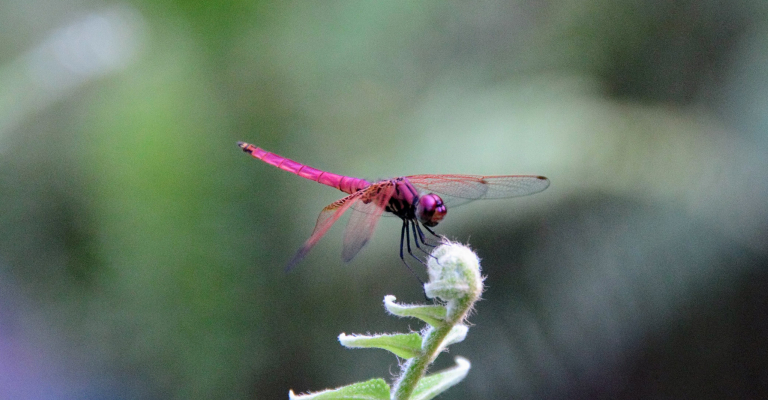The rigorous study and practice of the scientific method and reasoning among all life sciences courses encourages students to develop strong observational and analytical skills. These are essential to scientific research, but are also broadly applicable. Hypothesis testing builds the skill of iterative ideation that is integral to any creative process. Ultimately, research and experimentation necessitate effective communication and teamwork.
Current students in Life Sciences have benefited from rewarding internships in the following organisations:
- Research Intern – Tan Tock Seng Hospital, Singapore
- Health Education Intern – Caring for Cambodia, Cambodia
- Virology Research Assistant – Singapore-MIT Alliance for Research and Technology, Singapore
- Research Intern – Temasek Life Sciences Laboratory, Singapore
Our students also work in the labs of our Life Science faculty, conducting research and even co-authoring with our faculty. Learn more about the exciting research that Life Sciences students at Yale-NUS have pursued during their time at the College.

Tan Qian Hui, Class of 2021
Oncogenic role of Otk1 and Wnt4 in colorectal cancer
My research focused on establishing the signaling pathways of Ptk7/otk, a biomarker involved in colon cancer. Together with Nod (a senior from the Class of 2019), I established protocols for studying Wnt signaling using adult fruit flies as model organisms. Our work on optogenetic methods to study signal transduction in stem cell homeostasis has recently been published in the Journal of Molecular Cell Biology.

Samen Yasar, Class of 2021
Identifying features of SNP-regulated genes using chromatin interaction data
I worked with Nathan on a Special Project in Science (SPS) course during my second semester in my junior year. My project was to find out SNPs in the non-coding regions of the genome (in heart tissue) that have the potential to affect the transcription of specific target genes. The project laid the groundwork for my capstone the following semester.

Raquelle Yu, Class of 2021
Fighting behavior of stalk-eyed flies
I followed Prof Philip Johns on a field and wet lab research on stalk-eyed flies in my freshman summer. The goals of the research were to characterize behavioral sequences of flies during fights and understand differential gene expression in winner and loser flies. We collected fly samples from the forests in Thailand and Brunei, staged fly fights in the field lab, and extracted RNA from the flies in our Yale-NUS lab.

Sharon Esi Duoduwa Quaye, Class of 2018
Drugs and lifespan analysis of C. elegans
I ran several lifespan studies on C. elegans in Associate Professor Jan Gruber’s lab during the summer of 2015 and the first semester of the 2015/2016 academic year. In the lab, I tested different drugs including mianserin and aspirin, and how they affect the worm’s lifespan. Working with these nematode worms is not that difficult once you get the hang of using the worm-pick to move them around, but it is very tedious, especially when you have to transfer over 300 worms in one day or prepare agar plates. I enjoyed working under one of Assoc Prof Gruber’s PhD students and running these lifespan studies for him. However, I know now that I also want to be part of the research formulation and data analysis processes as well. Overall, it was a very enriching experience which helped me sort out my interests.

Shaun Lim, Class of 2018
Aging in the nematode C. elegans
I have been working with Associate Professor Jan Gruber since freshman year, conducting research on the mechanisms of ageing in the nematode C. elegans. In brief, I am piqued by the physiological and biochemical differences between genetically identical twins as they age. This provides clues to the intrinsic molecular mechanisms that govern healthy ageing. My research experience with Assoc Profes Gruber has been eye-opening as it helped develop my passion for research while also guiding my research interests.

Sau Yee Tsoi, Class of 2017
Alzheimer’s Disease in C. elegans and Genetic basis of substance addiction in D. rerio
During my first and second years, I worked with Associate Professor Jan Gruber and his lab members on testing a novel strain of the C. elegans worm on its suitability in modelling the late-onset changes of Alzheimer’s Disease. My work included conducting and scoring a food-race assay to examine sensorimotor dysfunction in this strain C. elegans strain. After the conclusion of that project, I began working with Assistant Professor Ajay Mathuru on the genetic basis of substance addiction in D. rerio, more commonly known as the zebrafish. This experience has given me greater confidence in carrying a research project from start to finish: crafting a research question, reviewing the existing literature to find out what is already known, designing experiments to investigate further, and adapting to the direction of my results along the way.




